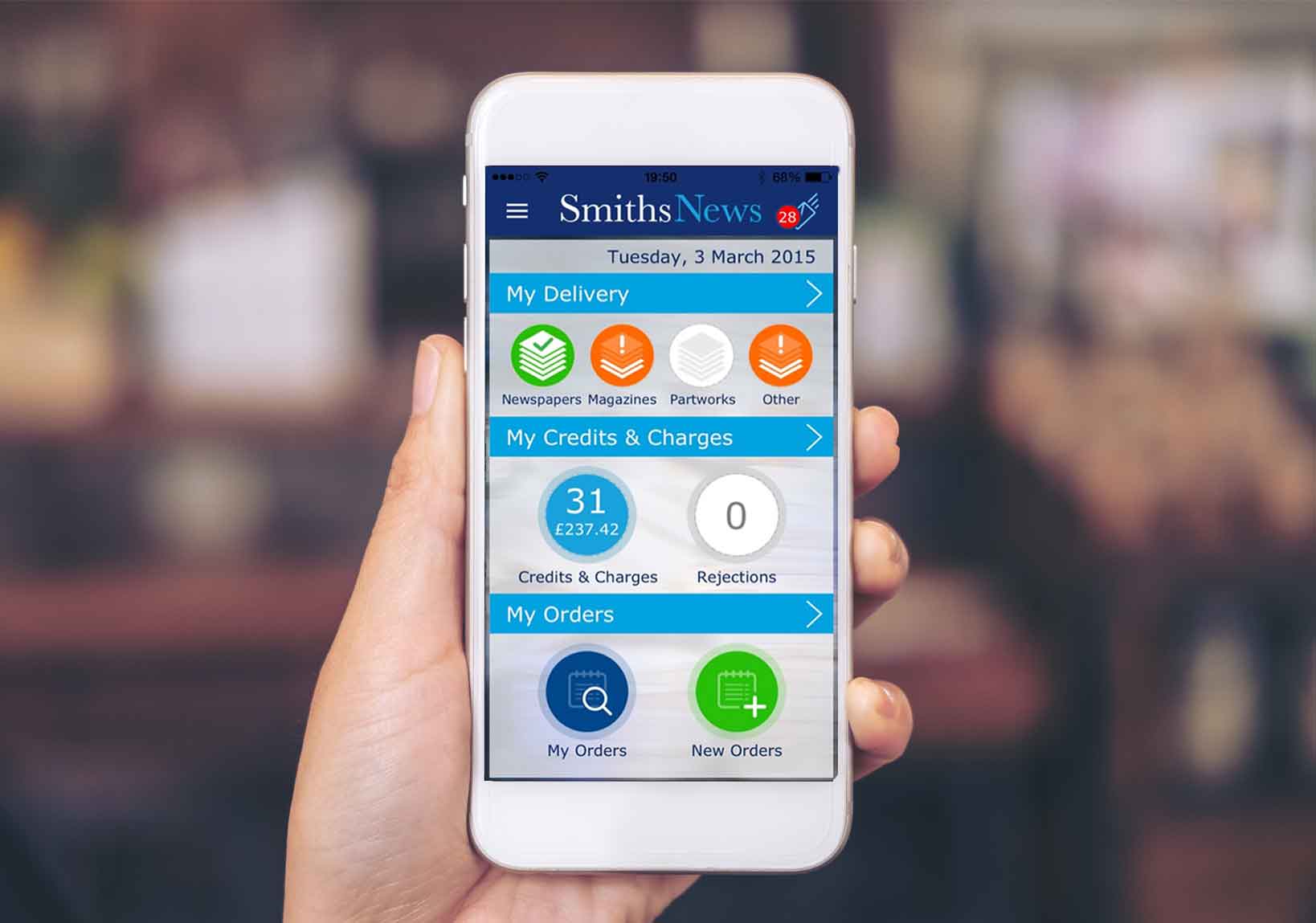Last month, 24 hours after the wholesaler revealed plans to introduce automatic restitution for deliveries more than two hours late, it announced that it would be increasing its carriage charges by 2%.
Speaking at a district council meeting, district president Derek Cook told Better Retailing: “Thankfully, the SNapp app that provides retailers with updates on their delivery times and automatic restitution has had a positive effect, but it is not sufficient.
“In the region, there have been continual late arrivals of papers, with the Telegraph and Reach the main parties responsible,” he said.
Fellow retailer Andrew White added: “I have found SNapp estimated delivery times to be very useful. I think it is a good system, and they are hoping to make further improvements. It is positive that it will be going national.”
However, NFRN national president Stuart Reddish stressed Smiths News must do more to help retailers. “Late deliveries in the south west have been an ongoing issue. There were 103 reruns on 7 July, which is horrendous,” he said.
‘Flawed strategy’ behind Smiths News decline
“Smiths have made a step in the right direction with the two-hour restitution, but, in truth, a delivery charge shouldn’t apply for a product that hasn’t arrived.
“SNapp has helped, but retailers must ensure they have the correct recorded delivery time confirmed with Smiths if they want to receive automatic restitution for a two-hour-late delivery.”
Roy Crawford, owner of Crawford’s News in Bristol, described the increase as a “real challenge for retailers”.
He told Better Retailing: “The maximum carriage charge that a retailer could face is £59.65 per week, meaning you would need to sell 486 weekday The Suns to cover that cost, or on Saturday, 371 copies. That is an awful lot of papers to sell, for no profit.”



Comments
This article doesn't have any comments yet, be the first!